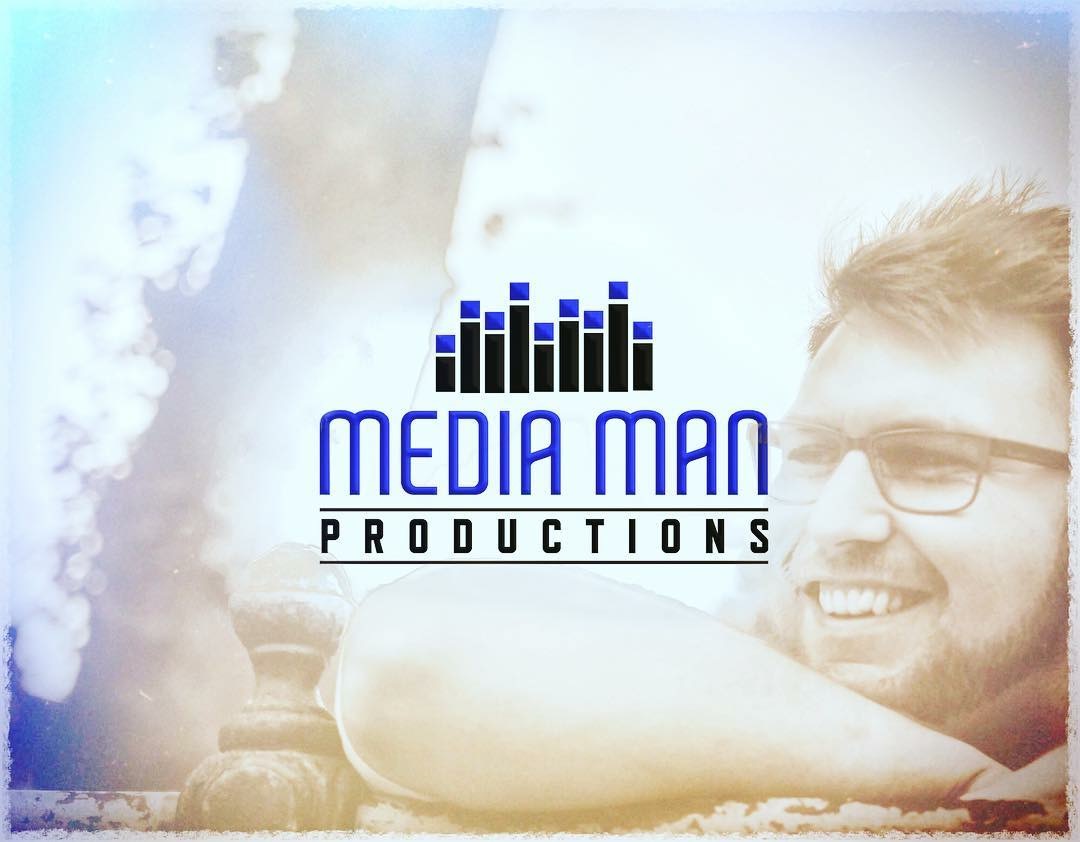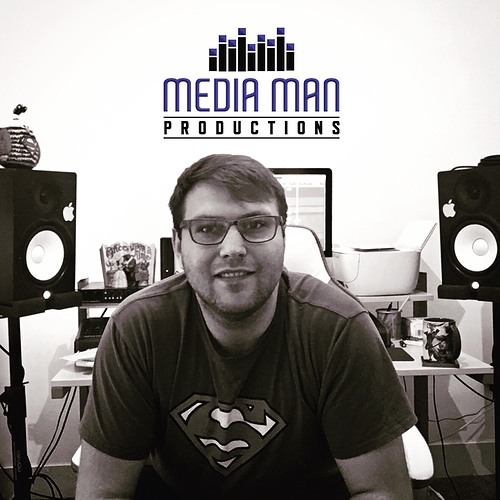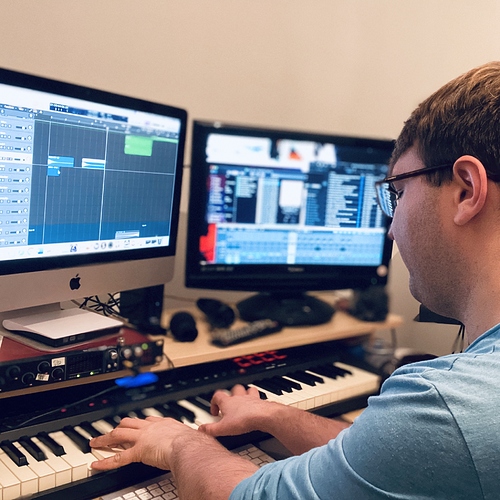Hey all!
Introductions first,
My names Geoff, and I’m a composer and studio producer based in north wales. I’ve been composing for well over 10 years and have a professional background in the creation and production of music. I thought I would share with you my top tips for composing a piece of music.
1. First create a piano reduction.
Often we can get bogged down with one or two aspects of writing music, this forces us to sometimes get fixated on that section, chord progression or musical phrase. By writing our idea on a piano or keyboard instrument we can block out the important bits of our piece. Which brings me to my next tip.
2. Nothing is more important than the musical motif (melody, main idea) and the bass line.
Chords are great, they provide the harmonic content that we need in our piece which solidified the emotive context while also emphasising our cadential phrasings (this is the harmony that states wether the phrase is starting, stopping, moving to something else or changing key), but this is by far not the most important aspect of a composition, despite it often being the inspiration for the piece we are working on. I would always argue that the main thematic idea (no matter how complex or simple) should always be the star, closely followed by the Bass line which along with your percussion provide the foundation or bed for your composition.An excellent example of this would be John Williams Main Star Wars theme. If you were to take all the harmonic stuff out it would still be mm a strong piece because he crafted the two most important aspects first.
3. In the orchestra the strings are often the most iconic part. Use them wisely.
I remember as a youth finding strings really difficult to write for, and sadly as I’ve grown I’ve only come to realise this more. Orchestration of the string family will be your greatest challenge, but when starting out here are a few points to keep in mind which will keep you out of the mud.
- Harmonically they work best spread out.
- John Barry got it right when he used the bass section in octaves. Don’t be tempted to add too much detail down low.
- Melody in octaves works well.
- if you do want to play clusters of notes, do it in the C5 range (sounds very pretty).
- learn as many articulations as possible.
4. Horns are easier than you think.
Horns, though generally being quite limited in their ranges in comparison to other sections are very easy to write for, they’ll do anything you want. My tips for these are as follows, they like to play close harmony and even in a piece where the horns are the main instruments wash them with some hall reverb that’s had the bass and highs cut. This will push them further back in the mix and create more realism. As Horns are the second loudest section so are situated at the back of the orchestra, next to the percussion.
5. Less is most definitely more.
Don’t write more than 4 parts at any one given time. We’ve already spoke about melody and Bass, but have a rhythmic element and some moving harmony if needed, that’s it. Anything more gets too muddy and confuses the listener. If you have long harmonic parts in your orchestra, such as long brass or choral elements that are just holding harmonic notes, generally I wouldn’t count that as a part. This is just thickening the sound and has no other function than to fill out the harmonic and sonic spectrum of sound. (This is one of the most important aspects of writing functional music that you can get paid from writing, if it’s just for your own enjoyment then I say ignore this point and go wild with experimentation!)
6. Hybrid elements.
By all means add any synthetic hybrid element to your piece that you want, but for peace of mind, don’t try to create it inside your project. Make all sounds that you might need before you start writing. If you don’t do this then your project will get crowded, CPU will be taken up and you’ll lose momentum and focus resulting in the worst case scenario, not finishing your piece.
7. Finish your projects!
Always finish what you start. This doesn’t mean it has to be a masterpiece. Just do as much as you can and include a closing section. When you finish a track, you learn the most you can out of the process. When you don’t finish projects you lose out on valuable lessons that could have been learnt.
8. Write and sketch with libraries that inspire you.
I herd Alex Moukala say recently that he writes best when the sounds he’s using get him fired up. That’s 100% true! If the sound isn’t doing it for you then change the sound. Who cares if it’s the only horn patch you have, grab a sound that inspires you and carry on. See it as an experiment and learn from it. Eventually you’ll get that horn library that inspires you, but for now use something that really makes you want to write with it. You’ll be shocked at the results.
9. Listen to a lot of music, film and classical is best for this genre.
I can’t stress this enough. What you write is a result of what you’ve taken in musically. The more you listen and think about music the more ideas you’ll have. Often I will just sit with a score too, which helps if you can read music. If you can’t then watch a visual tutorial and learn a section of a piece. Whatever works for you!
10. Finally, enjoy yourself.
Don’t take it too seriously, this isn’t just a hobby, job, side project. This is fun and expressive. Put yourself into it as much as you can without becoming precious about your work. The best music that’s ever been written has been as a result of just getting stuck in and enjoying it. I herd recently that the Icelandic band Sigur Rós said that they had so much fun writing Hipopolla in the mid 2000’s that they knew instantly that it was going to be the money maker. All because they enjoyed themselves and really got creative with it. That’s definitely a band to go look at for inspiration btw.
Well that’s it for today.
Here’s some composers I’d suggest taking a listen to, with a word on what to look out for.
Beethoven - string quartets (use of strings)
Mendelssholn - soloist concertos (use of solo instruments.
John frizzell - Alien resurrection theme (string writing)
Berlios - Orchestration
Alan Menkin - Rhythmic imitation of the orchestra.
Thank you for staying with me through this rather long post guys! if this is successful and is taken well I’ll post one on production soon.
Happy new year!




